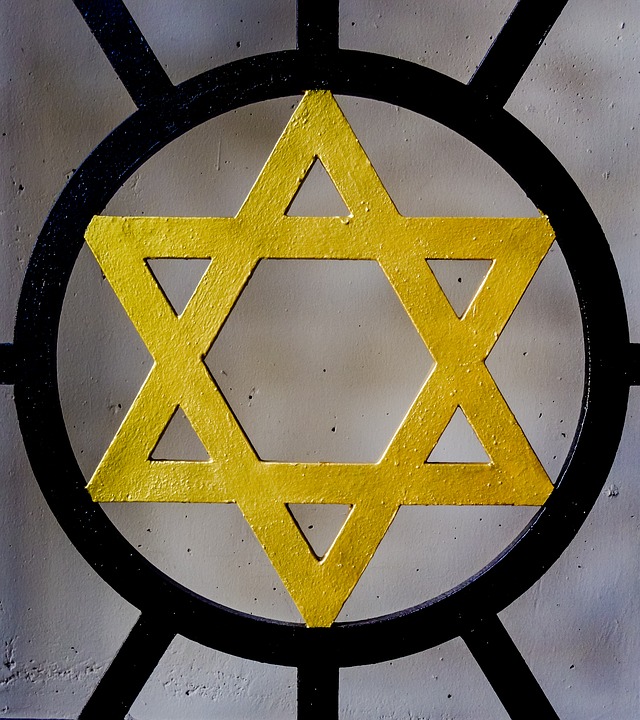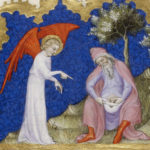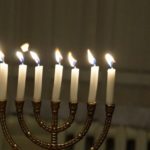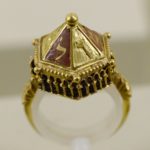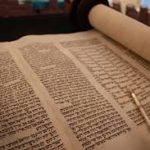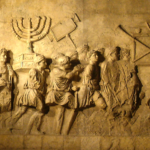Halakhah (as spelled here: Most people spell it “halacha”) is a Hebrew word meaning “The Way”, and is used to denote the rules by which the Jewish religion is governed.
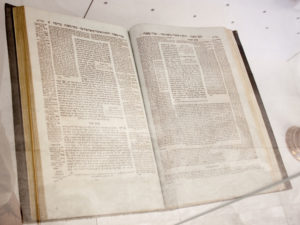 While all halacha derives from the bible (also known as the Old Testament), some of it does so very indirectly. There are many rules that were either extrapolated by the rabbis from unclear biblical texts, and others that were created by the rabbis to form a protective shield around the Torah laws. This has been added to over the generations, and now forms a huge body of law. For example, when electricity started to be used commonly, a rabbinical congress was held wherein they decided to consider it as fire on the Sabbath so as to preserve the sanctity of the sabbath. This means that an Orthodox Jew, following the halacha, cannot turn anything on or off on the sabbath (of course, this is suspended for health threats, etc.). Things may be left on before sabbath, or they can be connected to automatic timers.
While all halacha derives from the bible (also known as the Old Testament), some of it does so very indirectly. There are many rules that were either extrapolated by the rabbis from unclear biblical texts, and others that were created by the rabbis to form a protective shield around the Torah laws. This has been added to over the generations, and now forms a huge body of law. For example, when electricity started to be used commonly, a rabbinical congress was held wherein they decided to consider it as fire on the Sabbath so as to preserve the sanctity of the sabbath. This means that an Orthodox Jew, following the halacha, cannot turn anything on or off on the sabbath (of course, this is suspended for health threats, etc.). Things may be left on before sabbath, or they can be connected to automatic timers.
More recently, some rabbis have banned (even via timer) using things that are antithetical to the spirit of the sabbath, thus Orthodox homes will not have TV or music on.
The bulk of the work of translating the unclear language of the bible into actual usable halakhah was done in the Talmud, a 20- volume compendium of the Rabbis discussions on these subjects, composed about 200 BC.
Usable and easier-to-understand Versions
Later generations created many more usable and easier-to-understand versions of the rules, and in fact, they are still being written. Each new book has a particular “angle”, i.e. new developments in medicine and how they affect things, or how air travel affects the rules when crossing the international dateline. Starting with the Tur, the Shulchan Aruch, and Maimonides, this is a very honored method of standardizing the rules.
Other newer halacha issues dealt with in the responsa involve determining the time of death, transplants, organ donation, determining the kosher status of newly-discovered species of animals, and the like.
Frequently, and especially in the more arcane areas, the rules may be interpreted differently by different rabbis. It is imperative, though, to be consistent, and not always just select the most lenient rabbi. The rulings, usually written in the form of responses to questions and thus called responsa, eventually are either accepted by the bulk of the rabbis, or are rejected over time.
Orthodox halakhah
All the above is written from the standpoint of Orthodox halakhah. Conservative Jews use a “majority rule” vote of rabbis to make that decision, while Reform and other branches of Judaism generally deny the validity of the halacha altogether.

